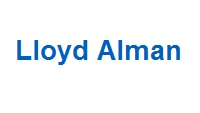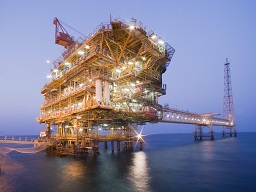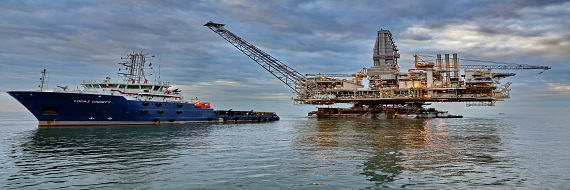FPSO / FSO
Lloyd Alman offers experience on more than 13 various FPSO and FSO projects, total projects on a lump sum basis, provided inspection resources in the shipyard for hull fabrication, module fabrication for topside and integration.
We have the ability to support LA holistic services with other services such as marine warranty surveying and asset integrity management / RBI inspections, giving our customers one stop shopping.
Civil Engineering
Bridges As part of our consulting, advisory, testing and supervision activities in civil engineering, Lloyd Alman handles all kinds of steel bridges and composite materials that are used in the construction of traffic routes. This includes road, motorway, railway bridges and underground railway viaducts, as well as canal overpasses of waterways and other types of bridging structures.
Cranes and crane installations
Our interest in cranes includes bridge cranes, gantry crane, ship-to-shore container cranes and luffing jib cranes for working loads up to 1,000t – intended for port trans-shipment facilities shipyards and factories.
Ship Lifts
Like docks, ship lifts are used to surmount differences in height for navigable waterways. They are preferable to a lock installation when large lifting heights must be attained with short distances owing to the steep terrain.
Lift Docks
Lift docks, also known as ship or boat lifts, are platforms with which ships can be lifted out of or lowered into the water vertically by means of cable winches, hydraulic units or other mechanical drives.
Steel Structural Engineering
Especially for large-scale public buildings which are to serve the public e.g. exhibition halls, national and international airports.
Lock Installations
For lock installations,LA is mainly active in the field of hydraulic steel engineering like gates, sluices, drives etc. at inland waterway- and sea locks.
Floating Offshore Units
Over many decades, fixed production platforms dominated and indeed characterised the offshore oil industry. But the need for floating production and storage units is growing rapidly.
For some years now, the production of oil and gas has been in the throes of fundamental change. On the one hand, the demands on the technology are rising, because the production conditions are becoming increasingly difficult. On the other, the global economy’s increased hunger for oil will push up the oil price in the long run – bringing the interest of the oil industry to bear on reserves that, owing to their size and location, would previously not have allowed economically feasible exploitation.
In the wake of this development, the offshore oil industry will be deploying an increasing number of FPSO systems. The abbreviation stands for “floating production, storage and offloading” and refers to special vessels that have onboard facilities to handle crude oil. These units are used wherever low-cost solutions are needed because of small fields or – as is the case with deepwater reserves – traditional production platforms have reached their technical and economic limits.
Technical Support
An FPSO vessel is fixed to a central anchoring point by means of the mooring system, which permits free rotation of the unit to account for wind and wave action. The crude oil is pumped onto the FPSO vessel via riser lines fastened to the seabed. Once on board, the oil is passed through separators to separate the gas and to remove water and sand, after which the product is stored. Typically, the tank capacity is one million barrels. At regular intervals, a shuttle tanker calls to collect the crude oil for processing ashore. FPSO units may be either purpose-built vessels or converted seagoing tankers.
Besides FPSOs, there are also floaters that lack the production facilities – these are then termed FSO ships. LA provided technical support for more than 30 FPSO/FSO systems since its establishment in 1982. The services in question involve HSE (health, safety and environment) risk management. FPSO/FSO units have to operate under gruelling environmental conditions.
The operational procedures and technical facilities must be designed to minimize the risks to people, the environment and assets, but at the same time assure economical operations. One of the critical risks is offloading the crude to the shuttle tankers, which involves a very close approach. Not only is this manoeuvre a major challenge for seafarers, it also makes great demands on the technical equipment and machinery.
LA focuses its attention on the production facilities on board by supporting the owners and operators in the safe design of the production, storage and offloading installations. Process evaluation and hydraulic analyses promote the optimization of pipeline systems and production facilities. The technical potential inherent in the floating production and storage of crude oil has certainly not been exhausted yet. At present, a vessel is being converted into an FDPSO – where D indicates that the unit has the capability of autonomous drilling. Here too, LA is providing technical risk management consultancy and know-how for new developments.


